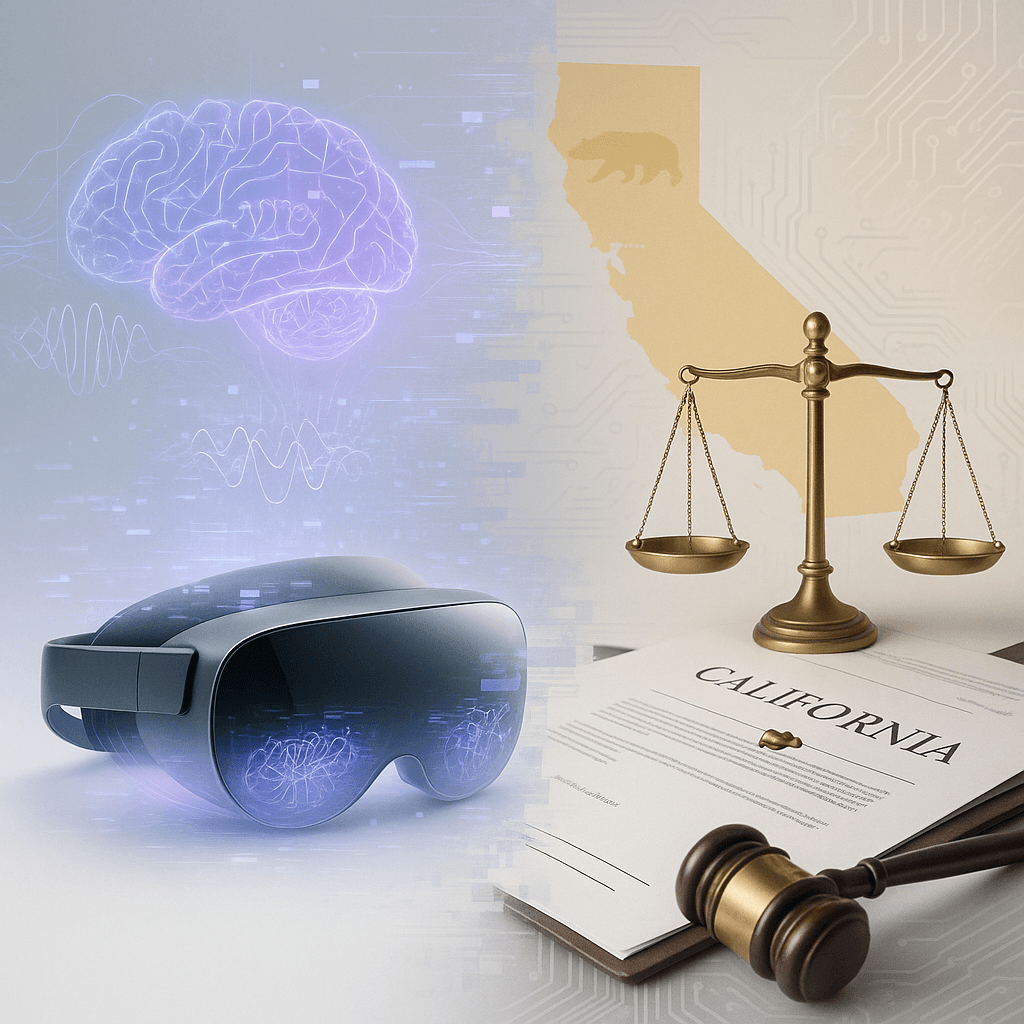Meta's ambitious AR vision hit some bumps in the road this week as Meta Connect showcased neural wristband controls and hyperscape technology that didn't quite deliver as planned. Meanwhile, California lawmakers passed new AI safety legislation that could reshape how Big Tech operates, while Waymo expands robotaxis to Nashville. The developments highlight the gap between Silicon Valley's grand promises and messy reality.
Meta just learned that the future doesn't always cooperate with your keynote schedule. During this week's Connect event, the company's ambitious AR demonstrations - including neural wristband controls and hyperscape technology that transforms real spaces into virtual environments - encountered the kind of technical hiccups that remind everyone why we're still calling this stuff "emerging tech."
The stumbles come at a crucial moment for Meta's Reality Labs division, which has burned through over $50 billion chasing Mark Zuckerberg's metaverse vision. According to TechCrunch's Equity podcast, the demos that didn't work as planned underscore the challenge of translating lab breakthroughs into consumer-ready products.
"We're seeing Meta push the boundaries of what's possible with AR interfaces," notes the podcast's analysis, "but the gap between prototype and product remains substantial." The neural wristband technology, which reads electrical signals from your muscles to control digital interfaces, represents years of research from Meta's acquisition of neural interface startup CTRL-labs for around $1 billion in 2019.
While Meta grappled with demo gremlins, California lawmakers were busy reshaping the regulatory landscape for AI companies. The state passed SB-53, comprehensive AI safety legislation that could force major tech companies to implement new safeguards and testing protocols. The bill now sits on Governor Gavin Newsom's desk, where he could still veto it despite bipartisan support.
The timing isn't coincidental. California's move comes as federal AI regulation remains largely stalled, leaving states to fill the void. The legislation would require AI companies to conduct safety testing, implement kill switches for problematic models, and report incidents to state authorities - measures that Big Tech has historically resisted.
Waymo, meanwhile, is taking a more practical approach to the future. The Alphabet subsidiary announced a partnership with Lyft to bring robotaxis to Nashville, marking another step in the gradual expansion of autonomous vehicle services. Unlike the flashy promises of full self-driving cars everywhere, Waymo's strategy focuses on city-by-city rollouts in carefully mapped areas.












